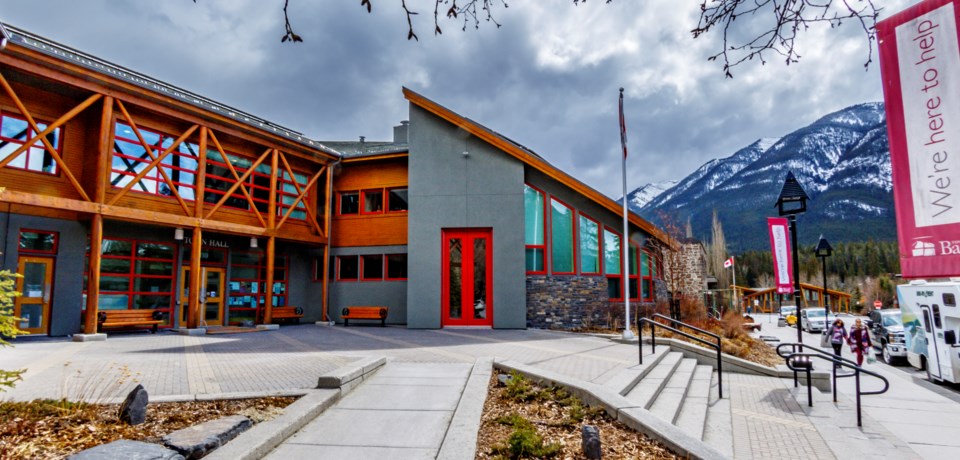BANFF – Banff’s municipal planning commission is calling on council to cap the number of bed and breakfast home licences at or below the current limit of 65 – based on the effects the numbers could have on the town’s residential housing supply.
In addition, MPC is also recommending council explore the reintroduction of a physical separation distance between B&B homes to help maintain neighbourhood character, and asking the planning and development department to come up with options for this.
Commissioners agree with the B&B working group’s position that two adjacent B&Bs are not a problem if they are back to back, facing different streets, noting an "as the crow flies" distance separation is too simplistic.
“It goes back to the fact B&Bs are an accessory use and these are residential neighbourhoods and what do we want our residential areas to look like,” said Corrie DiManno, who sits on MPC as a council representative.
“There are quotas for each district, but not by street, and by introducing something like this, you can control the numbers and consider the character of the neighbourhood. There was a separation distance requirement in the past, but it was later removed.”
In consideration of the changing nature of the town since original B&B regulations were made, MPC also asked council to review the existing allocations and consider possible transfers of quota spots to full districts, by removing spots from less popular districts.
Aside from commercial growth management and the imbalance between commercial and residential development in the late 1990s, how to better regulate the proliferation of B&Bs was one of the single biggest issues.
The current land use bylaw allows for a maximum of 65 B&B operations.
Currently, there are 50 approved B&B homes and inns, with six of 11 land use districts at the maximum number permitted.
Parks Canada – which has final say on all land use bylaw amendments in the national park townsite – would unlikely approve an increase to the B&B quota anyway given its stance on commercial development.
“In preliminary discussions with Parks Canada, an increase to the maximum number of bed and breakfasts above 65 is unlikely to be approved,” said Dave Michaels, the Town of Banff’s development services manager.
MPC also expressed concerns that approval of some B&B homes results in the loss of housing.
The group recommends amendments that prohibit a net loss in housing that would result from the approval of a B&B home, noting this conflicts with council’s strategic priorities around creating and maintaining housing.
DiManno said there have been many times over the years in which commissioners have struggled with approving B&B’s, which then takes away from the critical residential housing stock.
“I’ve seen the group feeling this almost awkwardness because approval of B&Bs in some cases seems like it’s at odds with wanting to create housing,” she said.
“There’s clear direction in terms of what council’s priorities are, but not in relation to what could be seen as a loss of housing due to approving B&Bs.”
These, and a host of other recommendations from MPC, the B&B working group and Banff Heritage Corporation, will be forward to council for consideration.
“We will seek direction on how council would like us to move forward with any potential bylaw amendments,” said Michaels.



